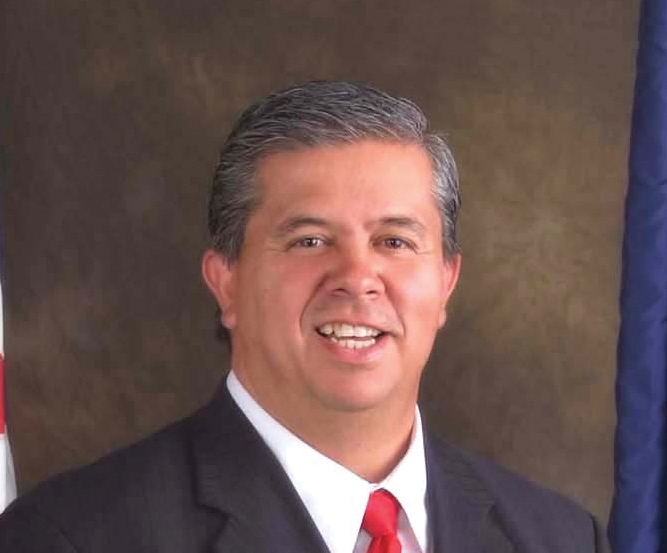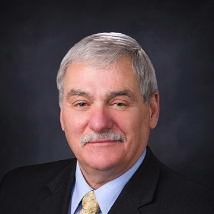Superintendent of Public Instruction Tom Luna said education groups took the high road during the legislative session that followed the contentious voter recall.

Reflecting on the 88-day session that adjourned Thursday in Boise, Luna said education stakeholders, lawmakers and state officials came together to discuss and agree on important education priorities.
“It was very encouraging to see that many different stakeholders step forward and provide the leadership necessary to bring about the changes they’ve wanted for some time,” Luna told Idaho Education News. “This was really the first year that I can remember (them) stepping forward and leading on those issues that were critical and important to them.“
That’s not to say legislators and all education groups were in lockstep. Disagreements over budget and funding issues, the political process and labor and bargaining bills continued to be heated right through the final, impassioned debate of the year.
But groups such as the Idaho School Boards Association, Idaho Association of School Administrators and the Idaho Education Association sat at the same table over the course of the three-month session to build consensus on education policy.
Following those meetings, a series of labor bills were scrapped and rewritten as many as three times with compromises worked in, some with one-year lifespans attached.
And, the IEA, ISBA, IASA all backed the 2013-2014 school budget, which includes a 2.2 percent spending increase over this year.
Luna said that level of collaboration was encouraging and somewhat unexpected following a divisive 2012 campaign season and the ultimate Nov. 6 recall election in which more than 57 percent of voters repealed the three signature education reform laws.
“There were two paths that we could have gone down this legislative session after the November vote.” Luna said. “One was a path that was based on anger and revenge. The other path was: How do we take positive steps forward?”
Education was one of the central issues to the session, with lawmakers debating nearly 90 education bills. Legislators brought bills concerning charter schools, cursive handwriting, school safety, funding, dual credit courses and contracts and collective bargaining.

Along with collective bargaining issues, one of the most vigorous debates was over the budget. Republican senators killed the original budget and prolonged the session by about a week, prompting speculation that budget writers would draft a smaller spending plan.
“I knew if it didn’t (pass), not only was the process up for reevaluation, but then it meant the whole budget could be reworded and changed,” Luna said.
The night the budget failed, Otter and Luna met to discuss the division. They agreed Luna, Senate Education Committee Chairman John Goedde and House Education Committee Chairman Reed DeMordaunt would meet immediately to begin looking at solutions.
Talks continued over Easter weekend, and lawmakers were able to resurrect the same bottom-line budget after floating a policy bill that gave the education committees more control over directing one-time money for technology and pay-for-performance plans.
“In the end, some people really proved themselves to be statesmen,” Luna said. “They made their case and made it well.”

Although the session ended last week, the conversations and debates of education policy and reform are far from finished. Two groups – Otter’s education task force and a legislative interim committee – are set to meet throughout the coming weeks and attempt to build consensus on school plans for next year’s legislative session.
Luna said he has high expectations for the participants. But judging by past commissions and interim groups, Luna said their biggest challenge could be working with all stakeholders to actually carry out their ideas.
“Every one of them, at least that I am familiar with, has ended up setting and agreeing on lofty goals and expectations,” Luna said. “But it all seems to fall apart when you get to implementation. What implementation means is that’s when things have to change. That’s always the struggle.”
